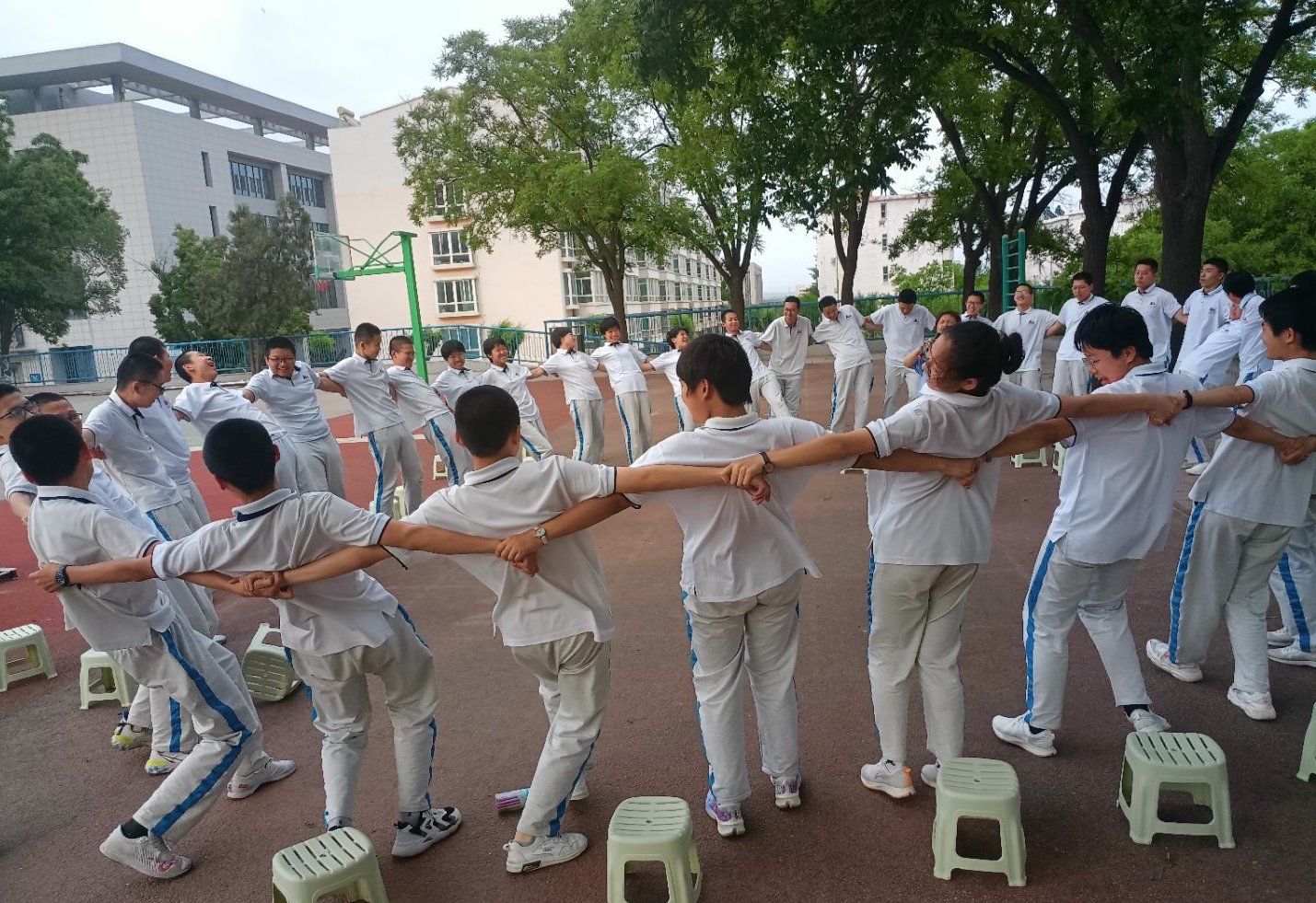In late 2019, an action plan released by 12 central bodies, amongst them the National Health Commission and the Ministry of Education, established a target to provide mental health services to all students by the end of 2022. Despite China’s psychiatric capacity advancing by leaps and bounds over the past decade, the ambitious 2022 target still seems a daunting task for a country with the world’s largest population and a relatively light battalion of trained psychologists and counselors. We asked Lu Chao, a psychologist in a primary school, to give us some insight into the situation. Lu graduated from a three-year master’s program in Psychology at Northwest Normal University in Lanzhou, Gansu province. She currently oversees the counseling needs of Peiwen Foreign Language School of Guangzhou. However, her first experience in China’s expansion of mental health accessibility for students came about in co-founding the Bethel Psychological Association with members of her university.

Why did you choose to study psychology?
Psychology is a magical subject. When I first started exploring psychology, I read Freud’s The Interpretation of Dreams. Psychology teaches us about ourselves and, in turn, we learn about others. By working in this field, we are helping others to help themselves, and the cycle continues. My passion for psychology was ignited during the postgraduate entrance examination and burned strong throughout my master’s degree. Studying more specialized psychology literature exposed me to the psychology of personality, developmental psychology, abnormal psychology and so on. For me, the field is both a highly specialized science but also very applicable to everyone’s daily lives. The integration of psychology and education is exactly the career direction I want to pursue. The Bethel Psychology Association was a very extensive project. It included individual and group psychological counseling, enterprise EAP, staff psychological assistance, counselor skills training and mental health-related lectures. Now I work with much younger people but it’s all part of the job.
Do you interact with every student or only students with specific concerns about behavior or academic performance?
I’m responsible for more than 400 students in this school and I try my best to pay attention to everyone. For example, I will conduct a mental health survey of all students every semester. We follow up with the students who require extra attention based on the results of that survey. At the same time, I collect feedback from the head teachers and communicate with the parents. If there are concerns about behavioral problems and academic performance, the students will be given regular interviews and targeted counseling.
READ MORE: China's Long March to Addressing Mental Health Issues
There is a lot of stigma surrounding mental health in China. Do you find it difficult sometimes to communicate with parents about these issues?
The current situation is slowly changing. Most parents can understand and accept the importance of mental health for their children. They are very preoccupied with the overall development of their children, both physically and mentally. They hope that their children will communicate more with their psychology teachers and actively cooperate with the school’s initiatives. In some cases, the school will recommend that the parents take the child to get a formal hospital diagnosis so that they receive optimal support and treatment.
What is the best way to monitor students for stress or anxiety?
Detecting the stress and anxiety of students is currently done with globally recognized screening methods. We do student surveys using the Social Adjustment Scale – Self-report (SAS-SR), specifically the Social Anxiety Scale for Children (SASC), and through the Mental Health Assessment Questionnaire. In primary and secondary schools, interviews and counseling are provided to those with higher scores. Under normal circumstances, students will take the initiative to seek help, which is only possible if a foundation of trust and openness has already been established. Of course, there are students who will avoid it and will not take the initiative to seek help to address their own issues. Yet, through the daily observations of parents, class teachers, life teachers, the psychology committee and classroom tutors, we can recognize a problem and learn the specific circumstances of the student. With their consent, we try to help them identify the problem, then discuss steps towards solving it.

To address Entrance Exam stress, students at a middle school in Taiyuan, Shanxi province, partake in mental health awareness activities. Image via @蓝鸟099/Weibo
Outside of schools, what measures are being taken to encourage more people to become mental health practitioners in order to meet the demand in society as a whole?
At present, there are less than 20,000 psychiatrists in China. According to World Health Organization (WHO) data, in the United States, there is one psychiatrist for every 1,000 people. If calculated based on the urban population of roughly 500 million, there is still a shortage of 476,000 psychological counsellors in China. Chinese universities currently offer psychology-related majors, such as educational psychology and basic psychology in normal universities and clinical psychology and applied psychology in medical universities. Unfortunately, many students don’t see it as a practical major with abundant career opportunities. Still, the job of popularizing psychology to the public is underway. The relationship between individual mental health and the woes of society at large isn’t clear to most people due to a basic lack of psychological knowledge. Public understanding and awareness can increase through dedicated and consistent social media outreach. Beyond that, the government can strengthen professional and social training through public workshops and volunteer programs for community welfare.
READ MORE: How Teens in China and Abroad Can Deal With Mental Health
[Images via Lu Chao]





















0 User Comments